A while back, I had an interesting exchange with a lady who ran an academic “Center for Justice.” (There are plenty of grandiloquently named organizations, academic or otherwise, with “justice” as a centerpiece of their name – not many of which actually care a straw about justice.) When I mentioned to her that judges fraudulently substitute parties’ argument with judges’ fabrications, and decide case based on those, she told me “I don’t believe you!” (an academic, you know, living in an ivory tower, having zero practical, life experience); and, when I told her that her fellow-academics with whom I had a chance to talk before, absurdly thought that justice was done simply when a judge heard the case, irrespective of whether the decision logically followed from parties’ argument or not (leaving alone whether parties’ argument had at all been considered), she hastened to confirm that this same absurdity was precisely what constituted justice.
Which begs a practical question of whether, for instance, the Communist show trials were an example of justice? According to my academic interlocutor, they must have been – the judge presided over them, and all the legal i-s got dotted, and all the legal t-s got crossed. And yet, not many (in what we call the “free world,” at any rate) would agree that those trials had anything at all to do with justice.
Or, to put it differently, how does the so-called “obstruction of justice” fit into her definition of “justice?”
After all, obstruction of justice, when it happens, happens in court, under a judge’s nose. It happens when the actual underlying facts of the case are being altered so as to produce the outcome that is opposite to the one that would have been achieved had the actual facts have been actually considered. Here is, from Wikipedia: “Generally, obstruction charges are laid when it is discovered that a person questioned in an investigation, other than a suspect, has lied to the investigating officers… Obstruction charges can also be laid if a person alters, destroys, or conceals physical evidence… Obstruction can include crimes committed by judges, prosecutors, attorneys general, and elected officials in general…”
Do we have “justice” when the judge bases his or her ruling on the “facts” twisted out of shape by “obstruction of justice?” If yes, than “obstruction of justice” should have no negative connotation, and not be a crime – since it still leads to justice. If the answer is a “no” than the definition of the “justice” as simply an outcome of a “judicial process” is patiently false. “Due process” may or may not result in justice – and the criterion for whether justice was done is whether the actual facts did, or did not, underpin the decision.
If judge’s decision resulted not from the actual facts, but from fantasies fabricated by judges, than there was no justice.
Bottom line: “justice” hinges on facts, not on the judge; and the fact that federal judges gave themselves the right to substitute the facts with their fantasies means that our federal courts are seats of injustice, no matter what the academics – who are ignoramuses, for all their book learning, tell us about justice.

